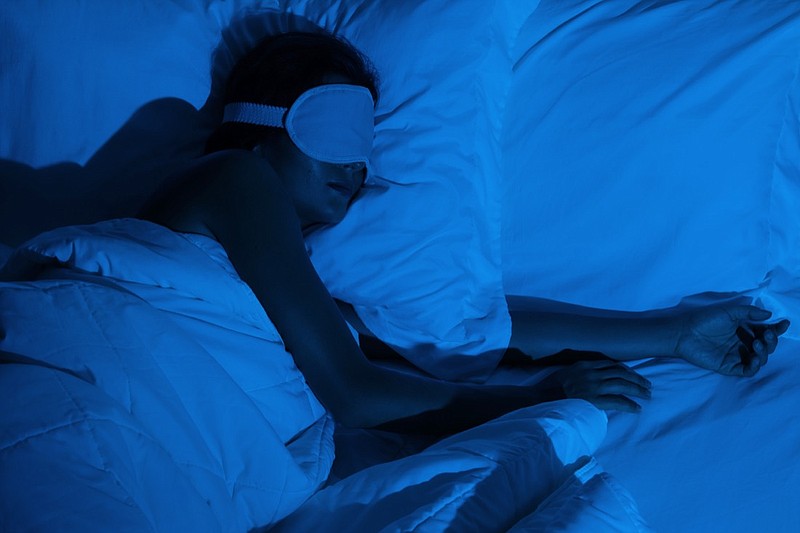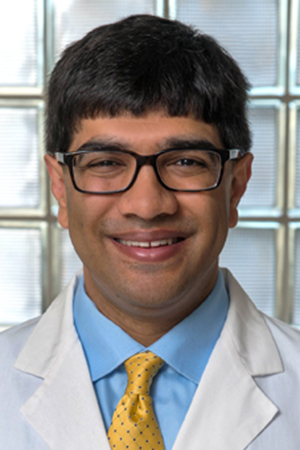Q: I usually sleep seven to eight hours each night, but I still wake up feeling tired. Could I have a sleep disorder?
A: Yes, you could have a sleep disorder. When sleep is elusive or disrupted, you can feel tired, distracted and even experience frequent morning headaches.
Sleep apnea is a sleep disorder that causes your body to stop and start breathing over and over again during the night, interrupting your ability to get the restful sleep our bodies all crave. You may not even realize it's happening, but excessive daytime sleepiness, snoring and waking feeling fatigued are all symptoms of this common condition.
Obstructive sleep apnea often shows up as snoring, where people struggle to keep their airway open, resulting in brief moments of wakefulness through the night. This constant awakening can cause people who think they are getting adequate sleep to feel sluggish during the day. Common risk factors for sleep apnea include being male, over the age of 55 or obese. If this sounds like something you or your partner is experiencing, a sleep study can be ordered by your primary-care physician or a sleep specialist.
The gold-standard treatment for sleep apnea is CPAP therapy, or constant positive airway pressure. The technology uses air to keep a person's airway open through the night, allowing them to breathe normally. CPAP therapy can take some time to get used to, but the results are fast and effective; most patients report sleeping better than ever before and waking up feeling energized and refreshed after a solid night's sleep.
Sumit Patel, M.D., is a sleep medicine specialist at CHI Memorial Buz Standefer Lung Center and a member of the Chattanooga-Hamilton County Medical Society.

